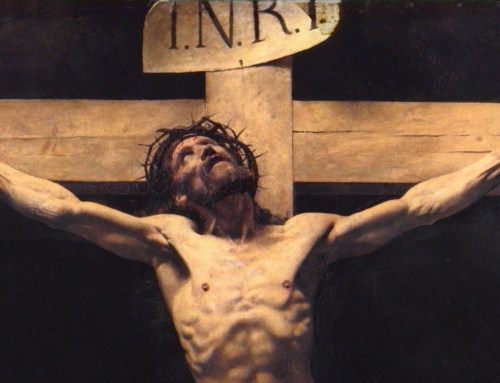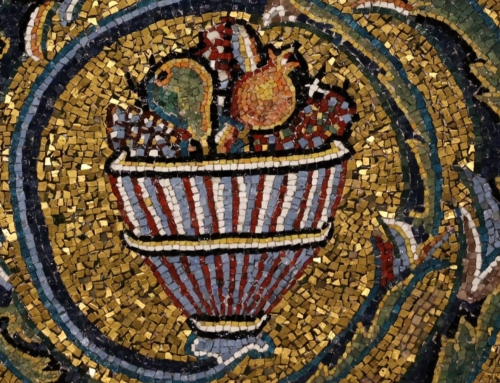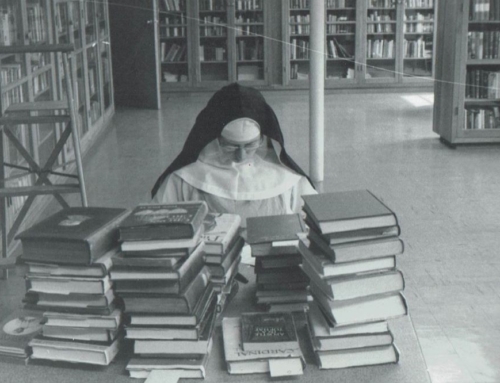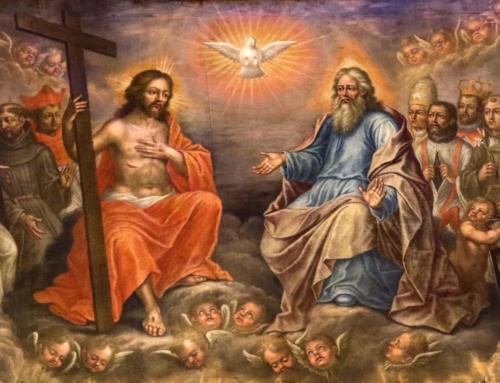In one of Jesus’s parables, a steward is told by his master that he is about to be fired for wasting goods. After deliberating with himself, the steward shrewdly collaborates with his master’s debtors to secure his future. He falsifies their bills so as to gain their favor. In the end, “the master commended the dishonest steward for his prudence.” Our Lord adds this saying: “for the sons of this world are more prudent in their own generation than the sons of light” (Luke 16:1-8).
The master’s ironic commendation of a contemptible character points to the steward’s impressive “prudence,” his facility in getting what he wants. Yet what he wants is not virtue, honesty, loyalty, or charity. Rather, the steward only wants worldly goods such as financial security and social standing. His prudence is worldly, and it makes him disloyal and dishonest. Through this worldly prudence he is diligent and clever, but he is not good. He is an example of a “son of this world” in the Lord’s saying.
But the “sons of light” ought to have a prudence of their own, and they should be just as good at getting what they want as the steward is. The difference is that the sons of light do not want mere worldly goods, but saintly ones. What they want is to follow Christ in divine charity. That is why the saints, the true “sons of light,” employ all their diligence and engage all their cleverness in the following of Christ. Through their heavenly prudence, they are just, loyal, honest, temperate, chaste, and humble. Their ultimate goal is not worldly ambition. Their ambition is heavenly: the love of God.
Thus there is one prudence that is worldly, and another prudence that is virtue. One prudence in the end makes men contemptible, and another makes men saintly. The difference is what we love. A “prudent” man who loves what eventually debases and degrades him is all the more contemptible because of his prudence. A prudent man who loves Christ is all the more saintly because of his prudence. Through his prudence—which is truly heavenly—he finds what he loves, and what he loves makes him good, happy, and virtuous. What he loves sanctifies him.
Christians ought to be responsible with the goods entrusted to them, but in the end, all their prudence should be directed toward following Christ. That is why, in his little book entitled The Art of Worldly Wisdom, the Spanish Jesuit Baltasar Gracian summed up all his maxims like this:
In a word, be a saint…Virtue is the link of all perfections, the heart of all satisfactions of life…Virtue is the sun of our little world and has for the sky overhead a good conscience. She is so beautiful that she finds favor with both God and man. Nothing is loveable but virtue, nothing detestable but vice. Virtue alone is important, all else is but jest.







